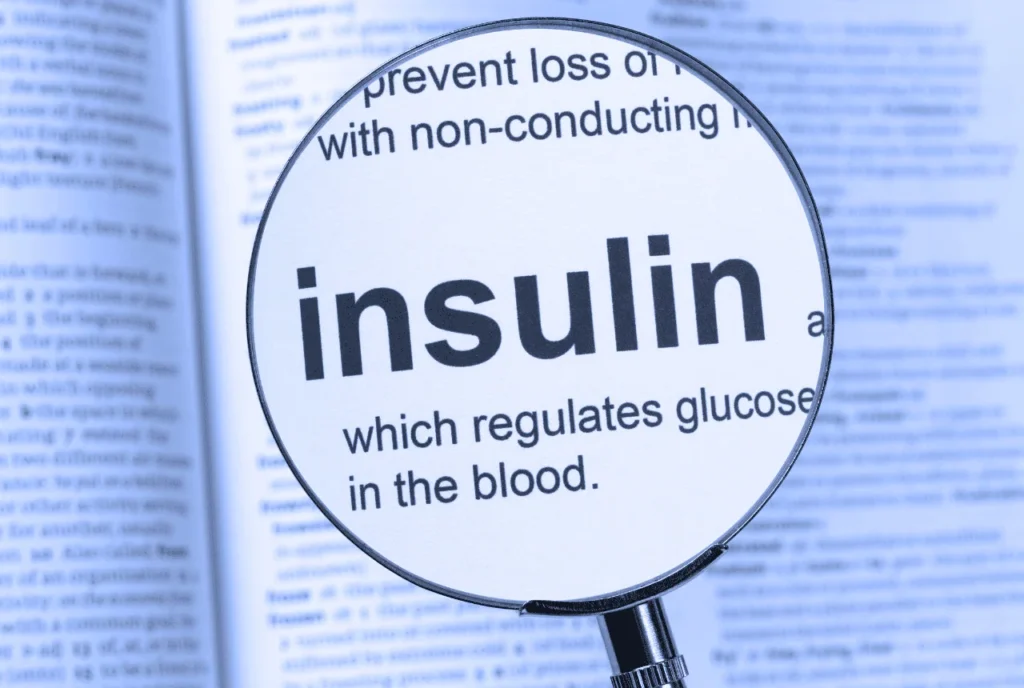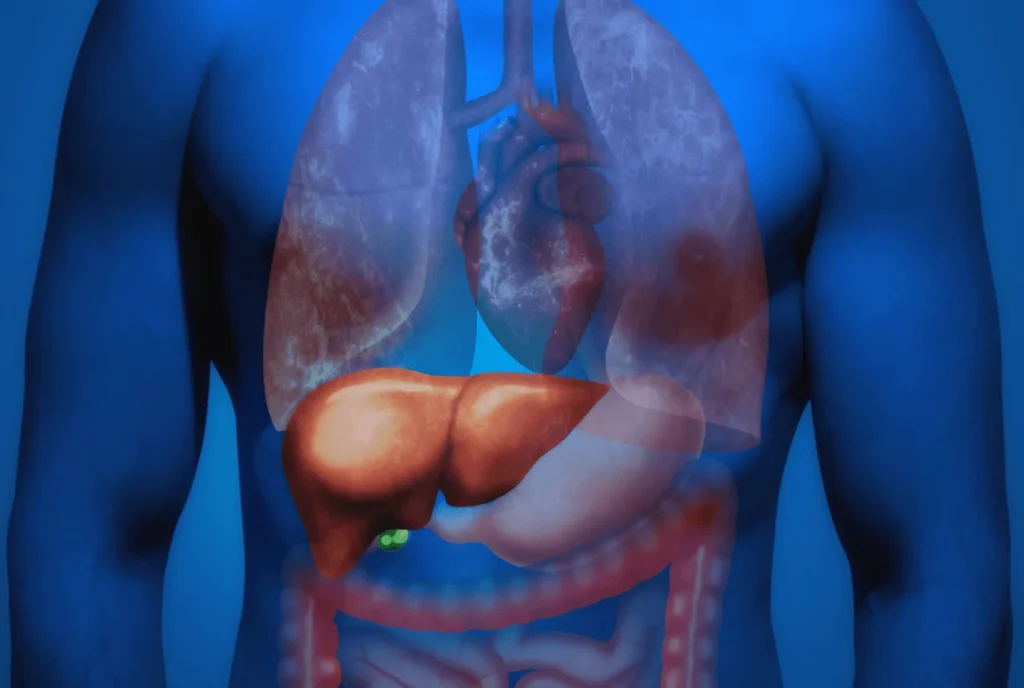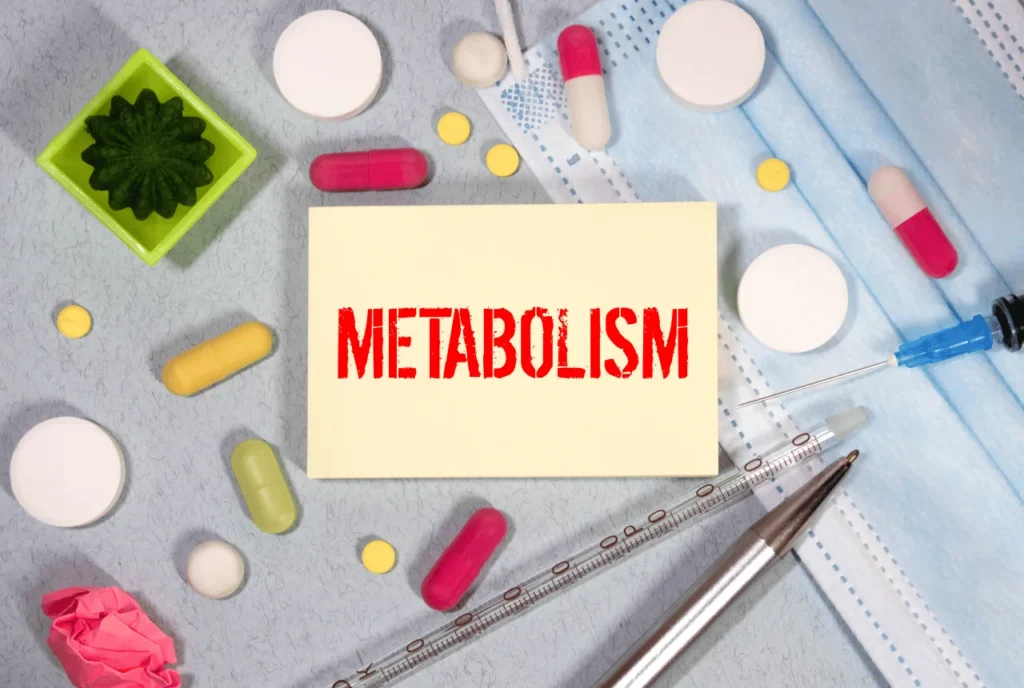
-
 Posted By Dr. Amritangsu Borkakoty
Posted By Dr. Amritangsu Borkakoty -
-
Comments 0
Have you heard of the benefits of intermittent fasting for liver ? Intermittent fasting (IF) has gained immense popularity as a dietary approach that cycles between periods of eating and fasting. While many people turn to IF for weight loss and metabolic benefits, recent research highlights its potential to support liver health. Since the liver plays a crucial role in detoxification, metabolism, and overall well-being, any strategy that enhances its function is worth exploring.
This blog post delves into five major ways intermittent fasting benefits the liver, backed by scientific insights and practical explanations. However, before making any significant dietary changes, it is always advisable to consult with a healthcare provider, especially if you have pre-existing health conditions.
Understanding the Benefits of Intermittent Fasting for Liver Health
Intermittent fasting isn’t a one-size-fits-all approach. Various methods exist, allowing individuals to choose a structure that fits their lifestyle and health goals. Some of the most common IF methods include:
- Time-Restricted Feeding (TRF): The most popular version is the 16/8 method, where individuals fast for 16 hours and eat within an 8-hour window.
- Alternate-Day Fasting: This involves fasting every other day, either by consuming very few calories or abstaining from food entirely.
- 5:2 Diet: This method allows normal eating for five days a week while restricting calorie intake to about 500–600 calories for the remaining two days.
Now, let’s explore how these intermittent fasting methods can positively impact liver health.
1. Improving Insulin Sensitivity

One of the most significant risk factors for liver diseases like non-alcoholic fatty liver disease (NAFLD) is insulin resistance. When cells become resistant to insulin, glucose remains in the bloodstream, leading to fat accumulation in the liver. This condition, if unchecked, can progress into more severe liver diseases.
Intermittent fasting helps improve insulin sensitivity by:
- Reducing hepatic steatosis (fat buildup in the liver), a hallmark of NAFLD.
- Enhancing the liver’s ability to metabolize glucose efficiently.
- Lowering overall insulin levels, preventing excessive fat storage in liver cells.
Studies have shown that fasting periods allow insulin levels to drop significantly, enabling fat cells to release stored energy and reducing liver fat accumulation. As insulin sensitivity improves, the risk of developing fatty liver disease, type 2 diabetes, and metabolic syndrome declines.
2. Reducing Liver Inflammation

Chronic inflammation is at the root of many liver diseases, including hepatitis, cirrhosis, and non-alcoholic steatohepatitis (NASH). The liver is particularly vulnerable to inflammation caused by excess fat, alcohol, and poor diet.
Intermittent fasting combats inflammation by:
- Suppressing the NLRP3 inflammasome, a key driver of liver inflammation.
- Lowering the neutrophil-to-lymphocyte ratio (NLR), an indicator of reduced systemic inflammation.
- Reducing oxidative stress by promoting better mitochondrial function.
By mitigating inflammation, IF helps the liver repair itself, lowering the chances of fibrosis (scarring) and chronic liver disease progression.
3. Promoting Autophagy and Liver Cell Regeneration

The liver is a regenerative organ, but it still needs support to remove damaged or malfunctioning cells. This is where autophagy comes in—a natural cellular cleanup process that helps remove toxins and dead cells.
Intermittent fasting triggers autophagy, leading to:
- Removal of damaged liver cells and replacement with new, healthy ones.
- Reduction of toxic protein accumulation, which can contribute to liver diseases.
- Activation of key regenerative pathways, such as FGF and Wnt signaling, which help liver cells multiply efficiently.
Research on fasting mice has shown that periods of food deprivation stimulate liver cell division, allowing for faster regeneration. This benefit can be particularly useful for individuals recovering from liver injuries or excessive alcohol consumption.
4. Enhancing Metabolic Reprogramming and Liver Function

The liver serves as the body’s metabolic powerhouse, processing fats, proteins, and carbohydrates. When metabolic functions are disrupted due to excessive fat accumulation, elevated liver enzyme levels (AST and ALT) indicate potential liver distress.
Intermittent fasting can improve liver function by:
- Lowering AST and ALT levels, reducing the risk of liver damage.
- Activating sirtuins (SIRT1 and SIRT3), proteins that enhance metabolic efficiency and stress resistance.
- Improving lipid metabolism, reducing the burden of excess fat on the liver.
Studies suggest that fasting-induced metabolic shifts help reset the liver’s function, making it more efficient in handling energy stores and detoxification processes.
5. Supporting a Healthy Gut Microbiome

The gut and liver are closely connected through the gut-liver axis. An unhealthy gut microbiome can lead to increased inflammation, endotoxin production, and metabolic disturbances, all of which negatively impact liver health.
Intermittent fasting supports gut health by:
- Enhancing the growth of beneficial gut bacteria that aid digestion and detoxification.
- Reducing harmful bacterial overgrowth linked to inflammation and liver disease.
- Lowering the production of pro-inflammatory metabolites that can damage liver tissue.
By promoting a healthier gut environment, IF indirectly benefits liver function, reducing the risk of conditions like NAFLD, NASH, and cirrhosis.
Incorporating Intermittent Fasting into Your Lifestyle
If you’re interested in adopting intermittent fasting for liver health, consider these practical tips:
- Start with a time-restricted eating window, such as the 16/8 method.
- Gradually increase fasting duration to allow your body to adapt.
- Stay hydrated and consume nutrient-dense foods during eating periods.
- Avoid excessive calorie restriction to prevent metabolic slowdowns.
- Listen to your body and adjust fasting patterns as needed.
Precautions and Potential Side Effects
While intermittent fasting offers numerous benefits, it may not be suitable for everyone. Common side effects include:
- Temporary headaches, dizziness, or fatigue as the body adjusts.
- Increased hunger, especially in the early stages.
- Potential hormonal imbalances in individuals with pre-existing conditions.
People with diabetes, low blood sugar issues, or liver disorders should consult a healthcare provider before attempting IF. For personalized guidance, consider reaching out to a liver specialist like Dr. Amritangsu Borkakoty, one of the best in Guwahati and Assam.
Conclusion
Intermittent fasting is more than just a trendy diet—it’s a powerful tool for improving liver health. By enhancing insulin sensitivity, reducing inflammation, promoting autophagy, optimizing metabolic function, and supporting gut health, IF offers a holistic approach to liver wellness.
However, fasting isn’t a magic bullet. It works best when combined with a nutrient-rich diet, proper hydration, and a balanced lifestyle. Always consult a healthcare professional before making significant dietary changes, and if you have existing liver concerns, seek expert advice.
If you’re ready to embark on your intermittent fasting journey, start slow, stay consistent, and enjoy the incredible benefits for your liver and overall health!
Recent Posts
- Common Causes of Stomach Ulcers and Effective Treatment Options
- Early Symptoms of Liver Damage: How to Spot the First Warning Signs Before It’s Too Late
- Best Treatment for Hepatitis B and C: Your Complete Guide to Symptoms, Care, and Prevention
- How to Reduce Liver Inflammation Fast: 5 Proven Tips for Rapid Liver Recovery
- Why You Shouldn’t Ignore NAFLD: 5 Shocking Health Risks You Need to Know


